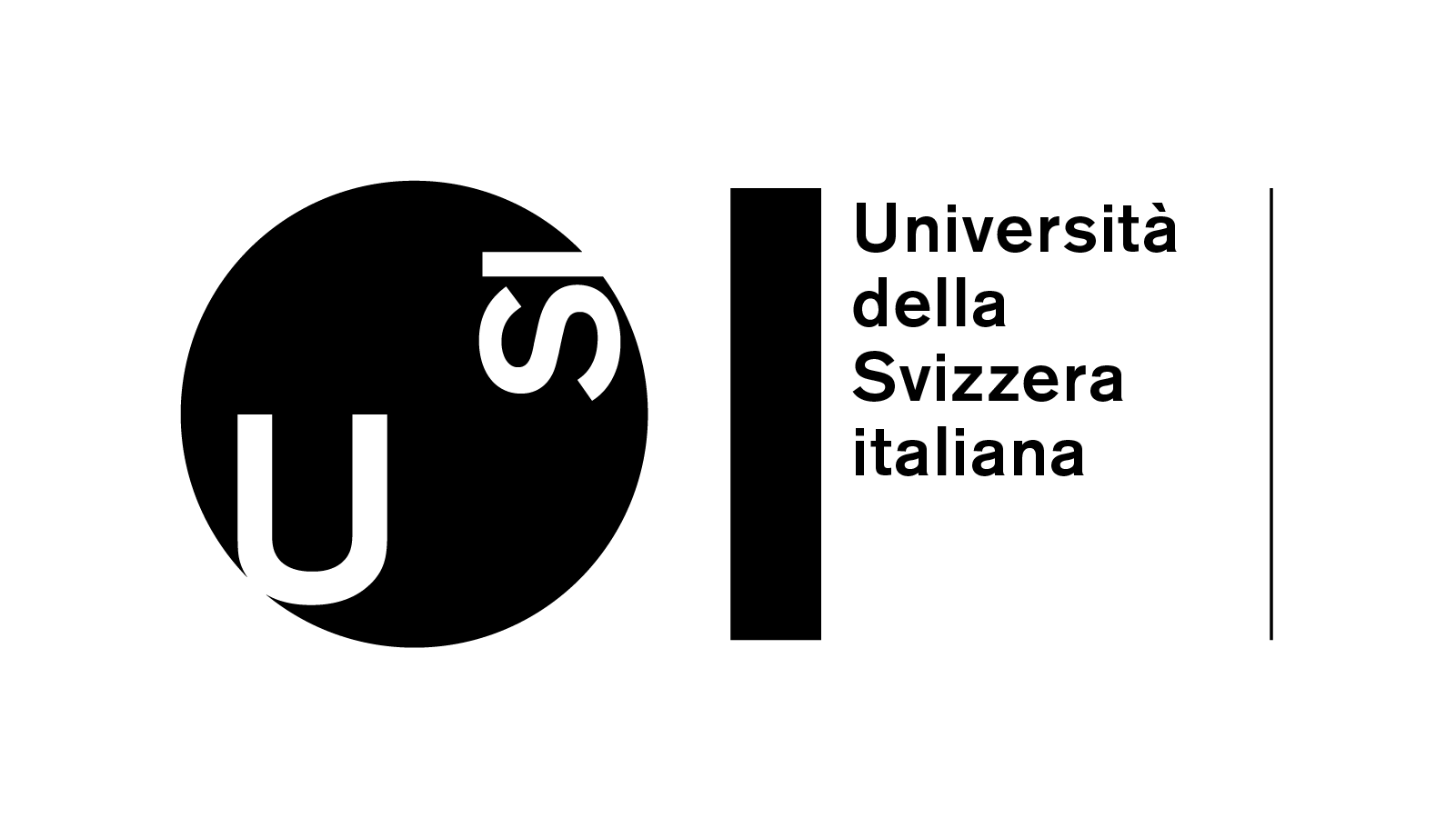This series of events are held on campus for philosophy students and on Zoom for everyone. To participate in these events, please write to events.isfi@usi.ch.
The recordings will then be posted on the ISFI youtube channel.
Speakers
- Giuliano Torrengo
- Francesca Boccuni
- Hans Halvorson
- Carlo Nicolai
- Cristian Mariani
Schedule
14.3.2025
Time: 17:30 (CET)
Venue: Room Multiuso FTL Building (USI west campus)
Giuliano Torrengo (Milan)
One experience after another
In this talk, I scrutinize the phenomenology of having one experience after another and distinguishing it from other temporal experiences such as change, duration, and the passage of time. I then argue that even though the flow of experience is often described as smooth, we do not experience the temporal dimension as a continuous series of locations. This gives us reasons to believe that experience is not just discontinuous, but also constituted by disunified flows.
Chaired by Cristian Mariani (USI)
21.3.2025
Time: 17:30 (CET)
Venue: Room Multiuso FTL Building (USI west campus)
Francesca Boccuni (Vita-Salute San Raffaele)
Forever Young: A Hundred Years of (Frege’s) Abstractionism
Famously, Frege’s logicist programme for the foundations of mathematics, based on higher-order logic and abstraction principles, was doomed to failure due to inconsistency. Nonetheless, the legacy of his inquiry was not lost: A hundred years after Frege’s passing, the debate around his philosophy of mathematics is still vigorous, and investigation into the roots of the inconsistency of his programme has prompted alternative ways to use Fregean abstractions for foundational purposes. In this talk, we will explore Frege’s Logicism, its inconsistency, and several possible solutions proposed in the most recent logico-philosophical debate.
Chaired by Byron Simmons (ISFI)
4.4.2025
Time: 17:30 (CET)
Venue: Room Multiuso FTL Building (USI west campus)
Hans Halvorson (Princeton)
Reduction redux
To his list of perennial philosophical questions, Kant might have added: can everything be reduced to the microphysical basis? I return to this question with, hopefully, wisdom gained from a hundred years of trying to make that claim precise, and of arguing about whether it is true. I take two focal points for discussion: (1) the worry (or hope!) that quantum physics shows reductionism to be false, and (2) the hope (or worry!) that new formal insights can save reductionism.
Chaired by Joshua Babic (ISFI)
15.4.2025
Time: 17:30 (CET)
Venue: Room Multiuso FTL Building (USI west campus)
Carlo Nicolai (King's College London)
TBA
Chaired by Leon Probst (ISFI)
9.5.2025
23.5.2025
Time: 17:30 (CET)
Venue: Room Multiuso FTL Building (USI west campus) and online via Zoom. If you are interested in joining online, please write to events.isfi@usi.ch.
Vincent Lam (Bern)
Modelling the Anthropocene and its Boundaries
Climate change is increasingly understood as one aspect of a larger story involving disruptive human interferences in fundamental, life support planetary processes. Navigating this new regime of drastic, human-induced global environmental changes requires forms of scientific knowledge that seriously address both the planetary scale as well as the deep entanglement of ‘natural’ and ‘social’ processes at the heart of what can be called the ‘Anthropocene challenge’. In this context, Earth system science (ESS) has emerged as a new scientific paradigm with the ambition to provide a unified understanding of the Earth system, explicitly including the interacting human dynamics. By framing possible societal responses in a planetary perspective, ESS involves fundamental normative and value dimensions whose wide-ranging ramifications are hard to fully grasp. In this context, this presentation will address the difficulties that the planetary scale of the ESS framework raises for the standard philosophy of science discussions on value management in science. Building on the social science and STS scholarship, the aim is to lay the ground for the development of new forms of value management that are characterized by careful attention to power structures and epistemic injustices. Specific attention will be given to the recent entanglement of justice considerations within the ESS framework of planetary boundaries in view of identifying “safe and just planetary boundaries”, in order to establish to what extent and in what sense exactly it can be understood as a form of justice-oriented scientific knowledge, and what the epistemic limitations and constraints can be.
Chaired by Cristian Mariani (ISFI)
For more information see here!
Organisers
For more information visit the website: https://www.usi.ch/en/feeds/31005
